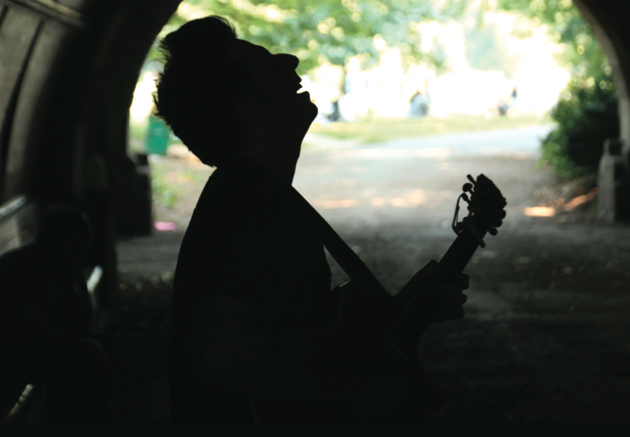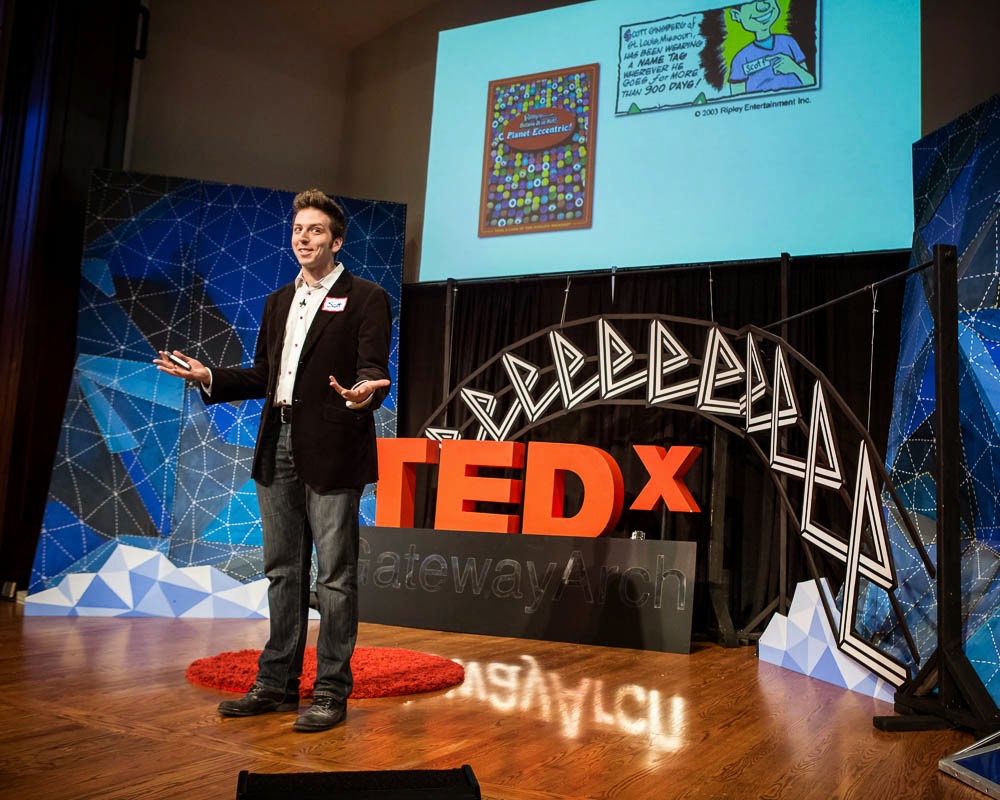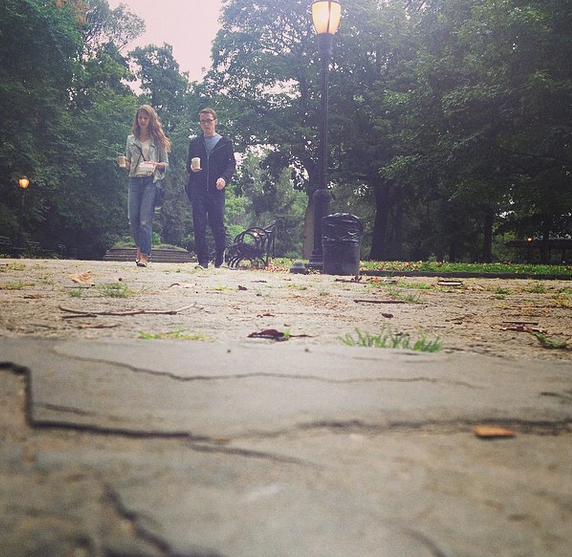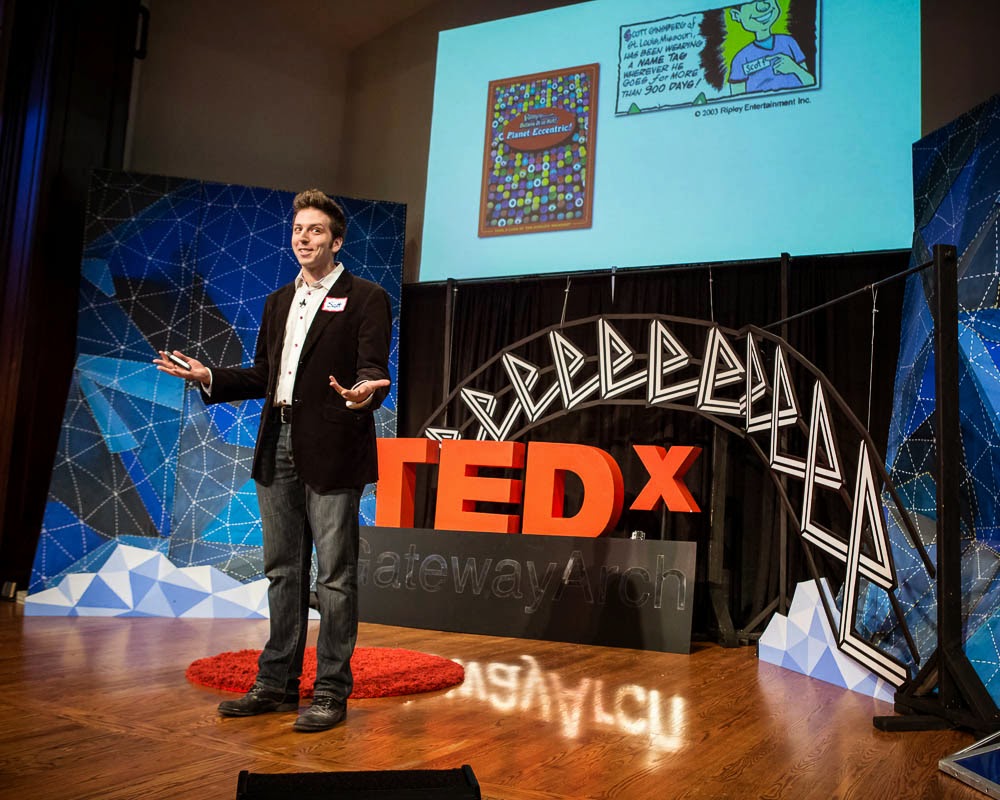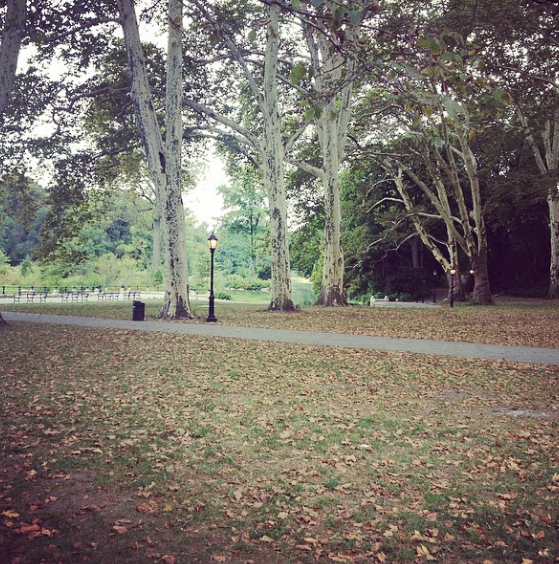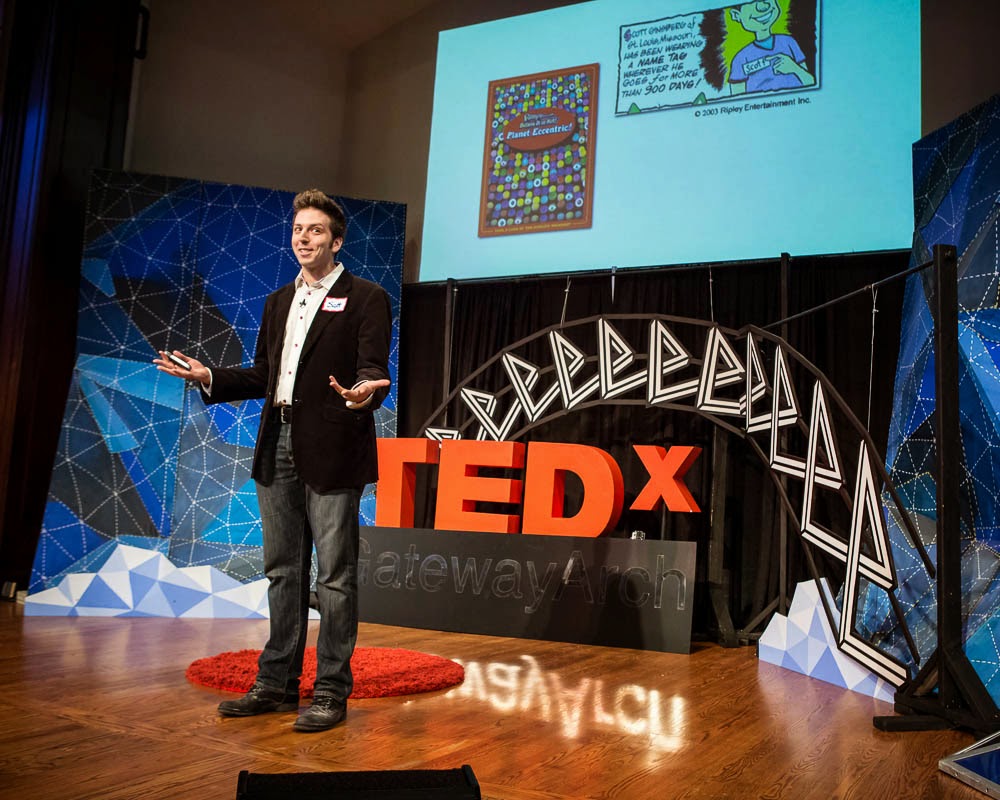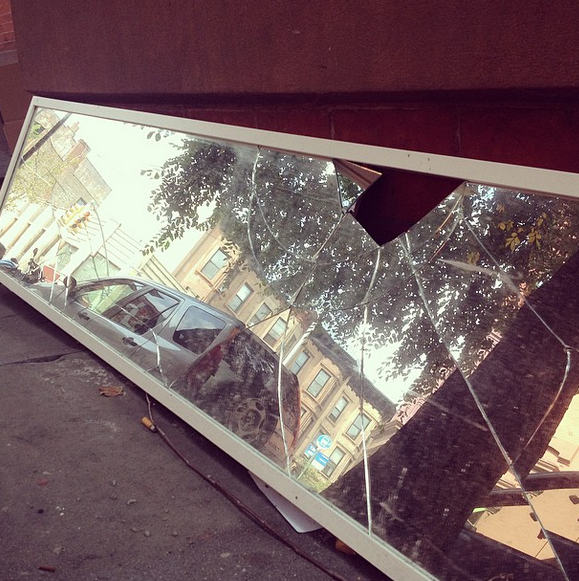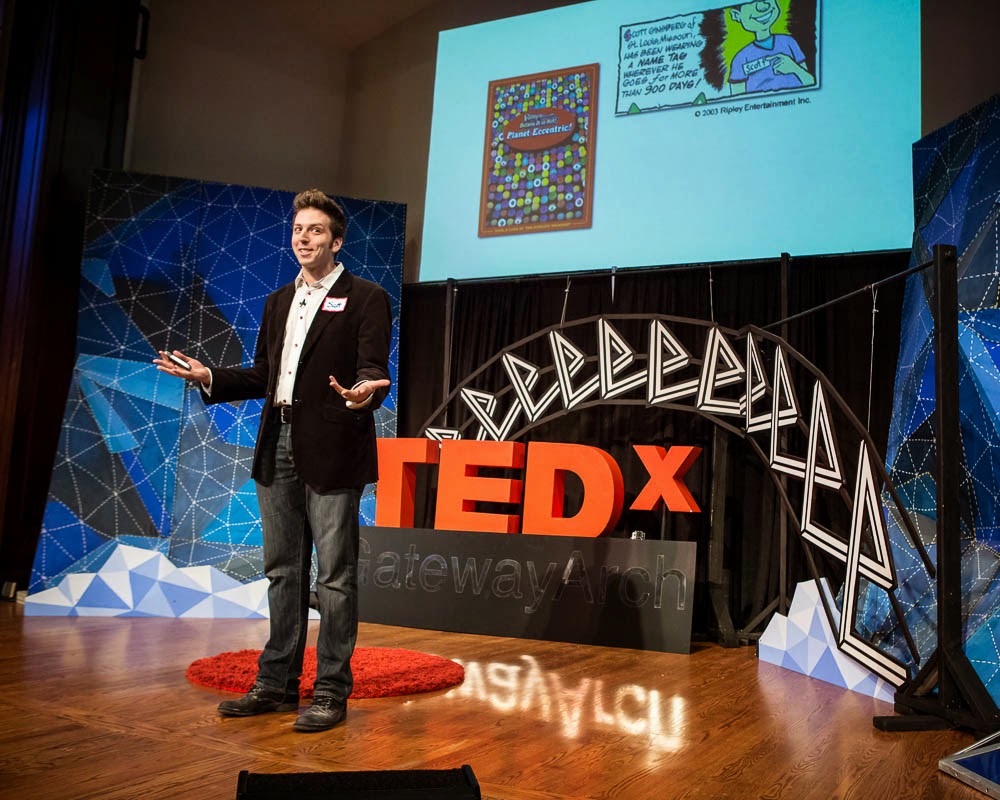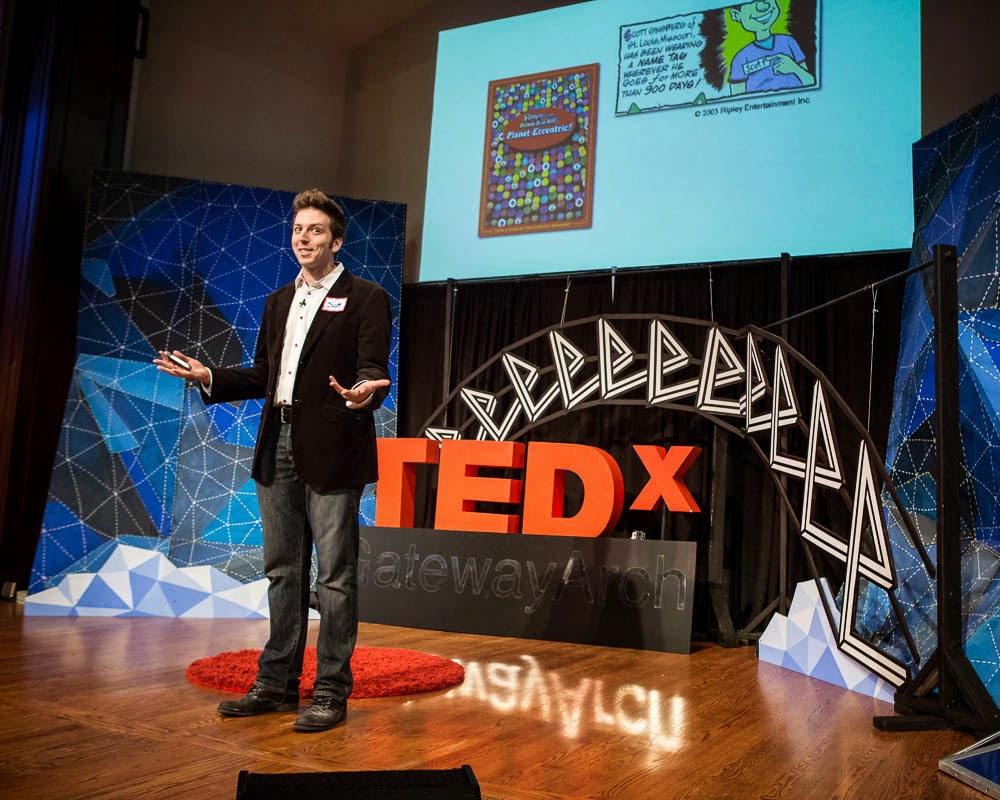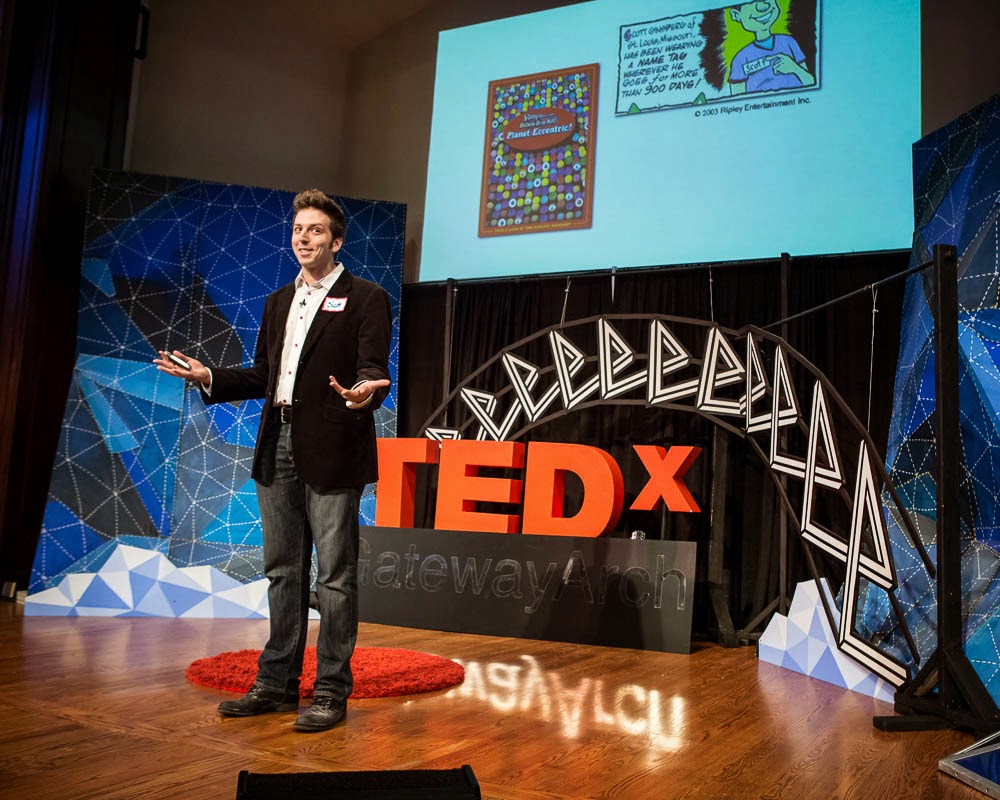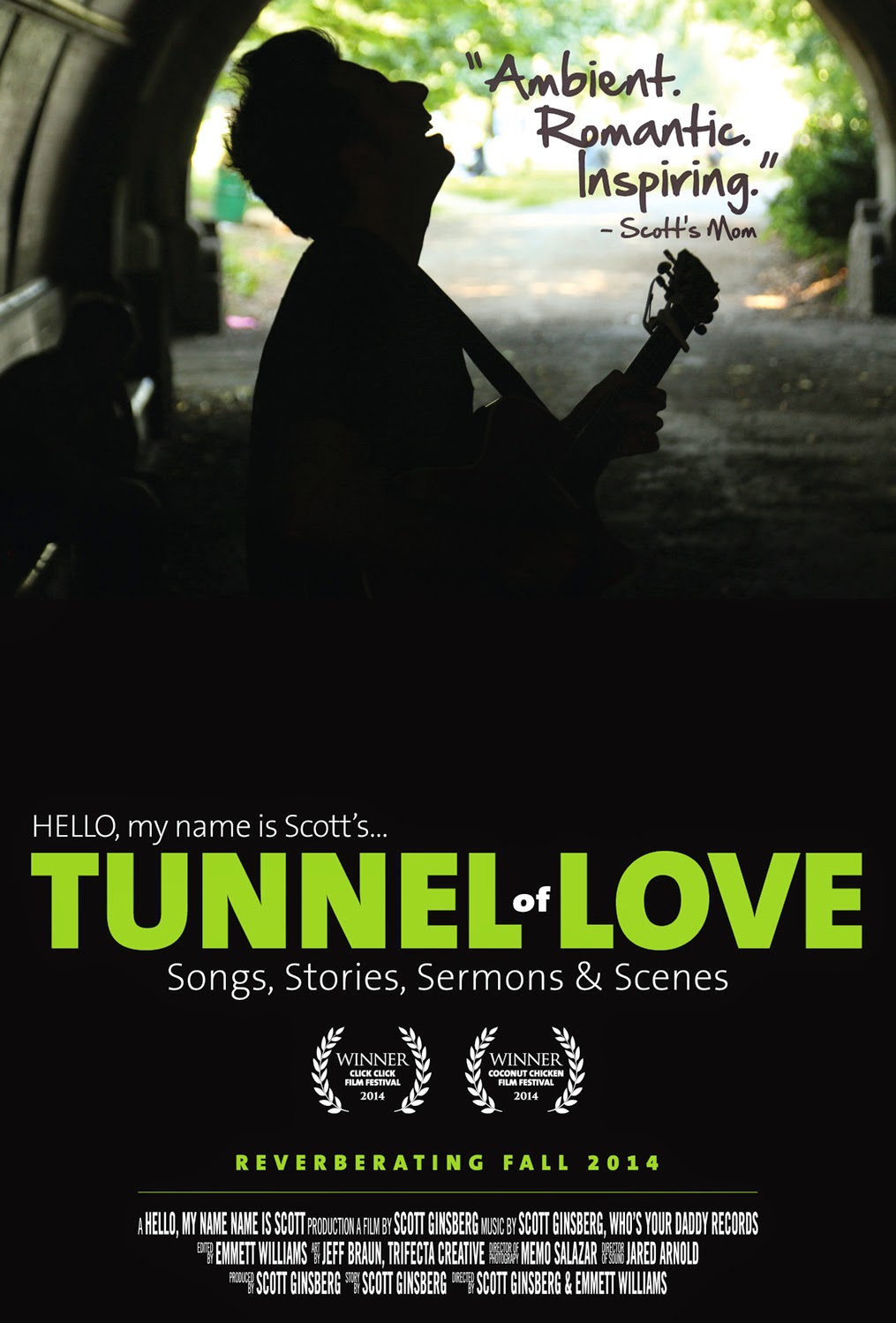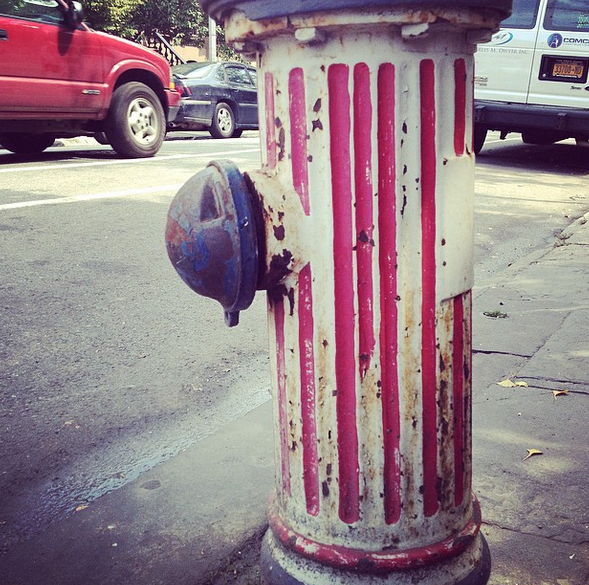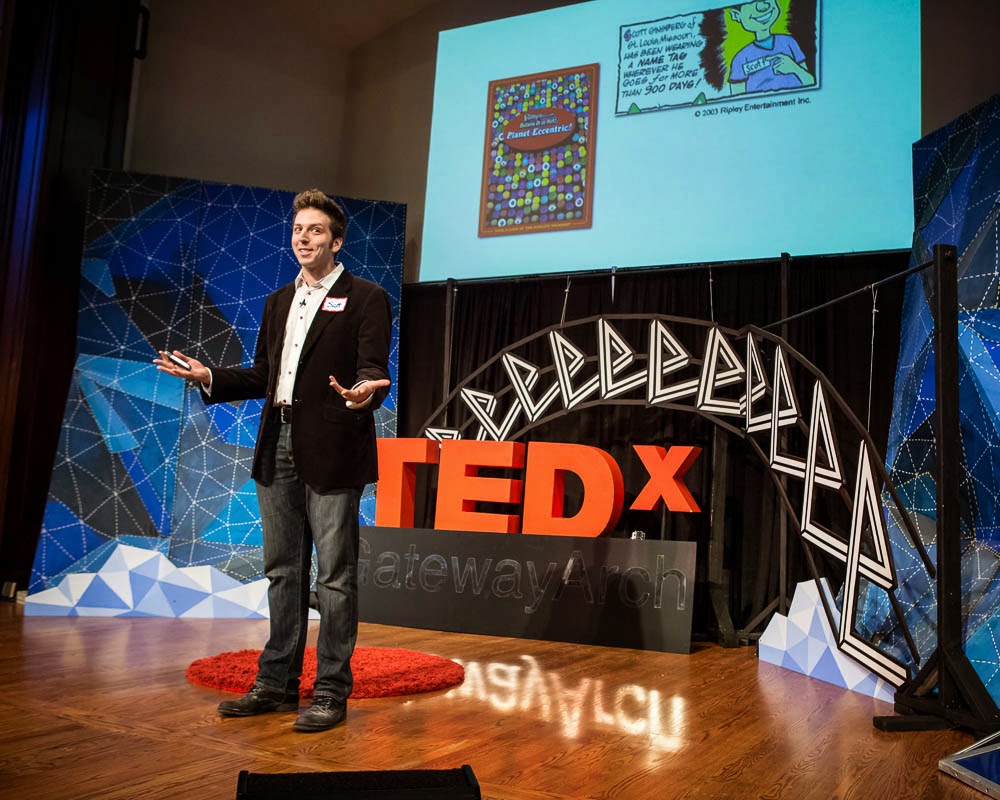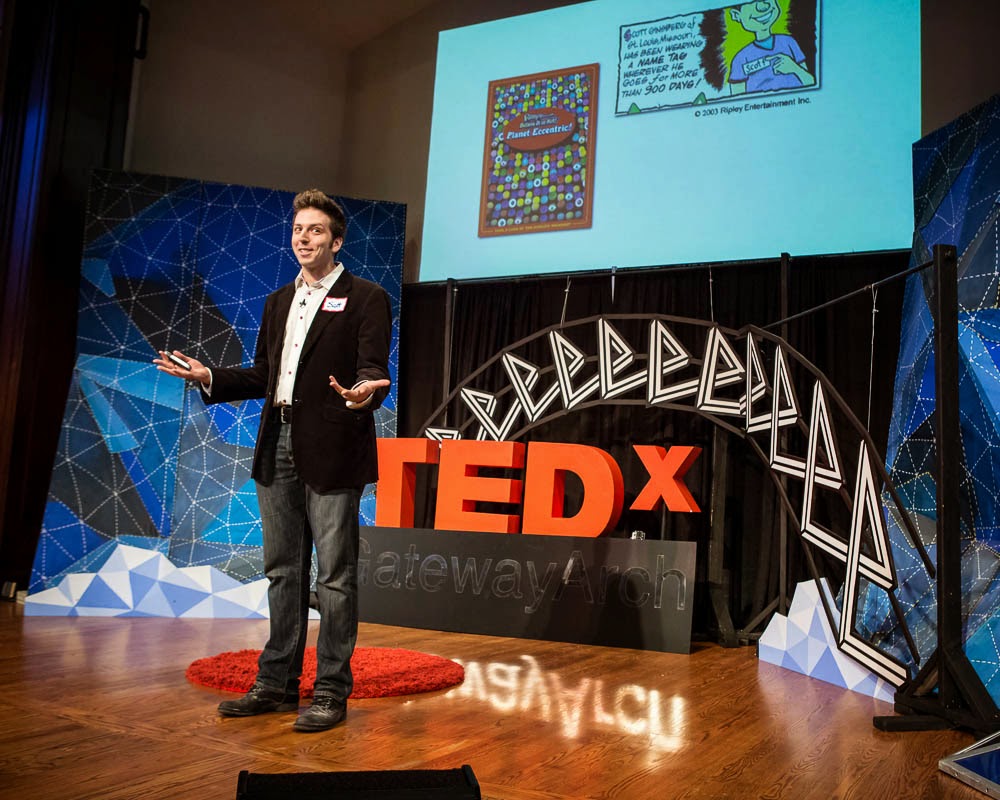FOR IMMEDIATE RELEASEAward winning writer, performer and nametag expert premieres a concert documentary that sticks.
Scott Ginsberg made a name for himself wearing a nametag twenty-four seven. He built a brand, a business and a career as an author, professional speaker and business strategist. But after fifteen years, he decided to branch out into an entirely new medium of creative expression.
“I’ll never forget the first time I strolled through the tunnel under the historic Meadowport Arch in Prospect Park, Brooklyn. The aesthetics were inspiring, the architecture was stunning and the acoustics were shattering. There was no way I wasn’t coming back with my guitar. And after a few months of busking, there was no way I wasn’t coming back with a production crew.”

When in doubt, hire yourself
Ginsberg wasn’t waiting around for somebody to greenlight his creativity. He didn’t have to ask permission to innovate. He simply took advantage of the invaluable production value and decided to make a documentary about the transformative power of performing in the tunnel.
Tunnel of Love: Songs, Stories, Sermons & Scenes, is a feature length concert documentary written, produced, directed and scored by Scott Ginsberg. The film explores the intersection of identity, belonging and creativity. The movie takes a look at the transformative power of live music, both on the audience and the performer. It pays homage the sonic potential of natural acoustics. And it’s a playful narrative about two young lovers in the process of changing their pronouns. Through live performances, playful and romantic exchanges, unexpected creative moments of conception and behind the scenes storytelling, Ginsberg’s film takes you on a heartfelt journey about what it means to be an artist, a romantic and an opportunist.
Don’t be stopped by not knowing how
Scott, however, had zero experience writing, producing, directing, scoring and funding an independent film. But that didn’t stop him. Because if there’s one thing he does have experience with, it’s undertaking creative projects in which he has no idea what they hell he’s doing.
Scott partnered with Emmett Williams of Mission Man Media, an award winning artist, internationally known musician and nationally exhibited photographer. He served as director of photographer, editor and overall production manager. He used Elance to find local audio technician, Jared Alder, to engineer the sound for the film and produce original motion picture soundtrack, which was released as a stand alone album.

What happens inside the tunnel of love? Kids biking. Families picnicking. Tourists dancing. Friends singing. Couples dancing. Family clapping. Babies crying. Teenagers yelling. Police patrolling. Birds chirping. Balloons popping. Dogs barking.
Adopt the direct to consumer channel Tunnel of Love will be initially presented as a serialized, episodic documentary. Since the movie’s centerpiece is a live concert, Scott is premiering each song as a stand alone chapter on his website and social channels. There are 14 songs in the concert, so the distribution timeline will occur over a period of 14 weeks, from September to December. Every Monday, fans will get a new song emailed to their inbox. And by the end of the year, the entire movie will become available online for free, forever.
Ginsberg, who writes books and conducts seminars about the digital revolution, says the direct to consumer era and the infinite shelf space of the internet have changed everything for creators and entrepreneurs. When it came time to decide on a distribution strategy for his documentary, there was never really a question:
“Of course I was going to give the entire movie away. Of course I was going to stream the whole thing on my website for free. Of course I was going to adopt the direct to consumer channel. Anything that’s a barrier to getting my work in people’s hands is a problem. Most of the world’s independent documentaries that premiere each year never even see the light of day anyway, much less secure theatrical distribution or achieve commercial success, so I see no reason to exhaust and expense myself in the process. Middleman, schmiddleman.”
But the film isn’t a complete vanity project, Scott laughs. The documentary homepage also offers discussion guides and curricula for educators, learning institutions, companies, congregations and other organizations to help spread the messages of identity, belonging and creativity.
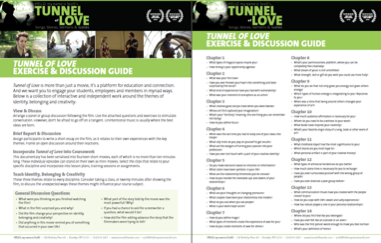
“I wanted Tunnel of Love to be more than just a movie, but also a platform for education and connection. Because strategically, I’m always searching for new ways to deliver my unique value to society. So I trust that the offering of these educational materials, free of charge, will lead to some exciting new opportunities.”
Call to Action
Can we interest you in a feature story, an interview with Scott Ginsberg or a review of his new documentary? For those who might be wonder about how to overcome the challenges of identity, belonging and creativity, Scott’s movie offers up the smartest answers to the toughest questions that plague all of us. If you’d like to watch his full movie, please contact below. Media review copies, high resolution photos and interviews available upon request. This article may be used in whole or part, with short bio and links to website please. Special feature story inquiries and blog posts welcome. Email questionnaires, permission to use excerpts or fresh articles available to meet your needs. Fire away and let Scott know how he can help you!
Quotes from Scott Ginsberg
“The only artistic goal worth pursuing is freedom, and that everything else flows from there.”
“Put whimsy on wheels. Give yourself permission to follow ridiculous ideas to fruition.”
“Generosity is the tax you pay for talent. If you’ve been given a gift, you have an obligation to share it. To regift it so it brings joy to others. Anything less is an act of ingratitude.”
“Every interaction is a relationship. Regardless of how long it lasts, you’re still relating to the other person. Belonging is about learning to find joy from whatever people have to offer.”
Learn more at www.tunneloflovedoc.com.
# # #

